#romanticizing england
Explore tagged Tumblr posts
Text
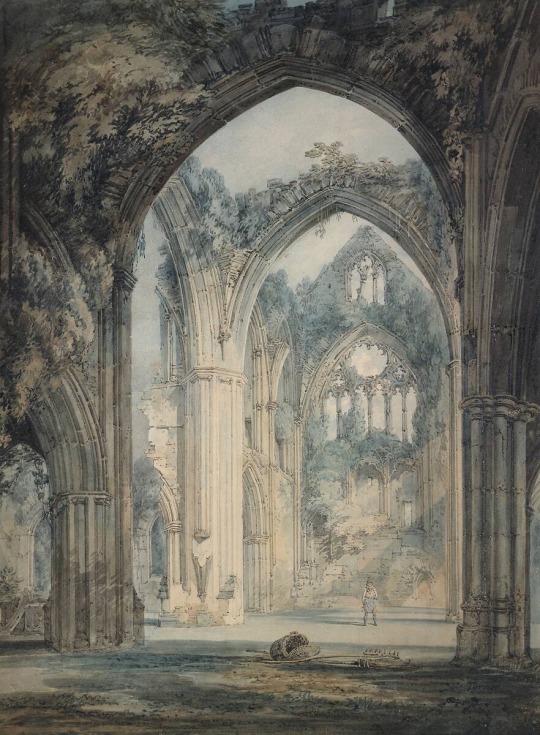
Transept of Tintern Abbey, Monmouthshire by Joseph Mallord William Turner
#joseph mallord william turner#jmw turner#art#tintern abbey#ruins#architecture#transept#monmouthshire#wales#england#britain#ruin#nature#history#j.m.w. turner#romantic#romanticism
12K notes
·
View notes
Text
Don't mind me just romanticizing my life, as an American Anglophile, by living in England.

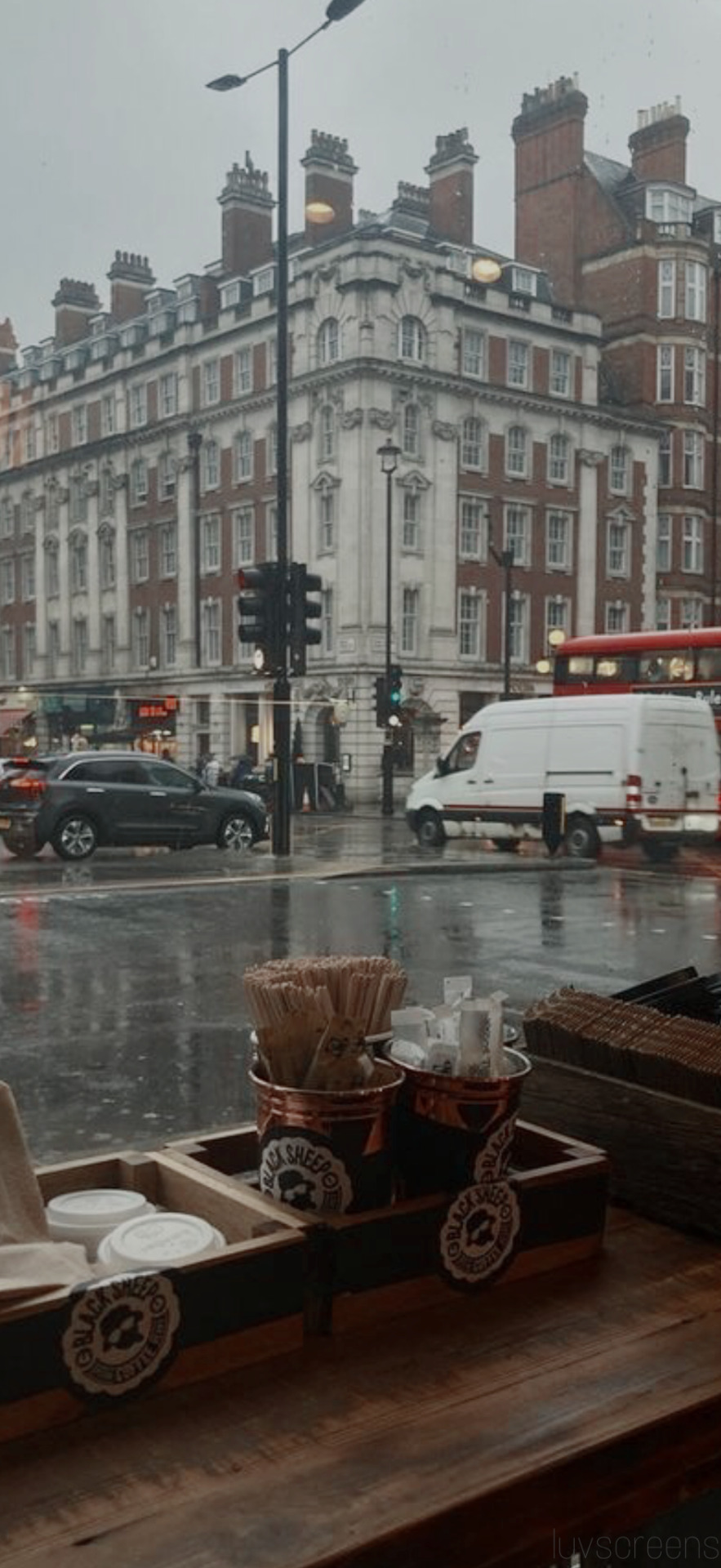
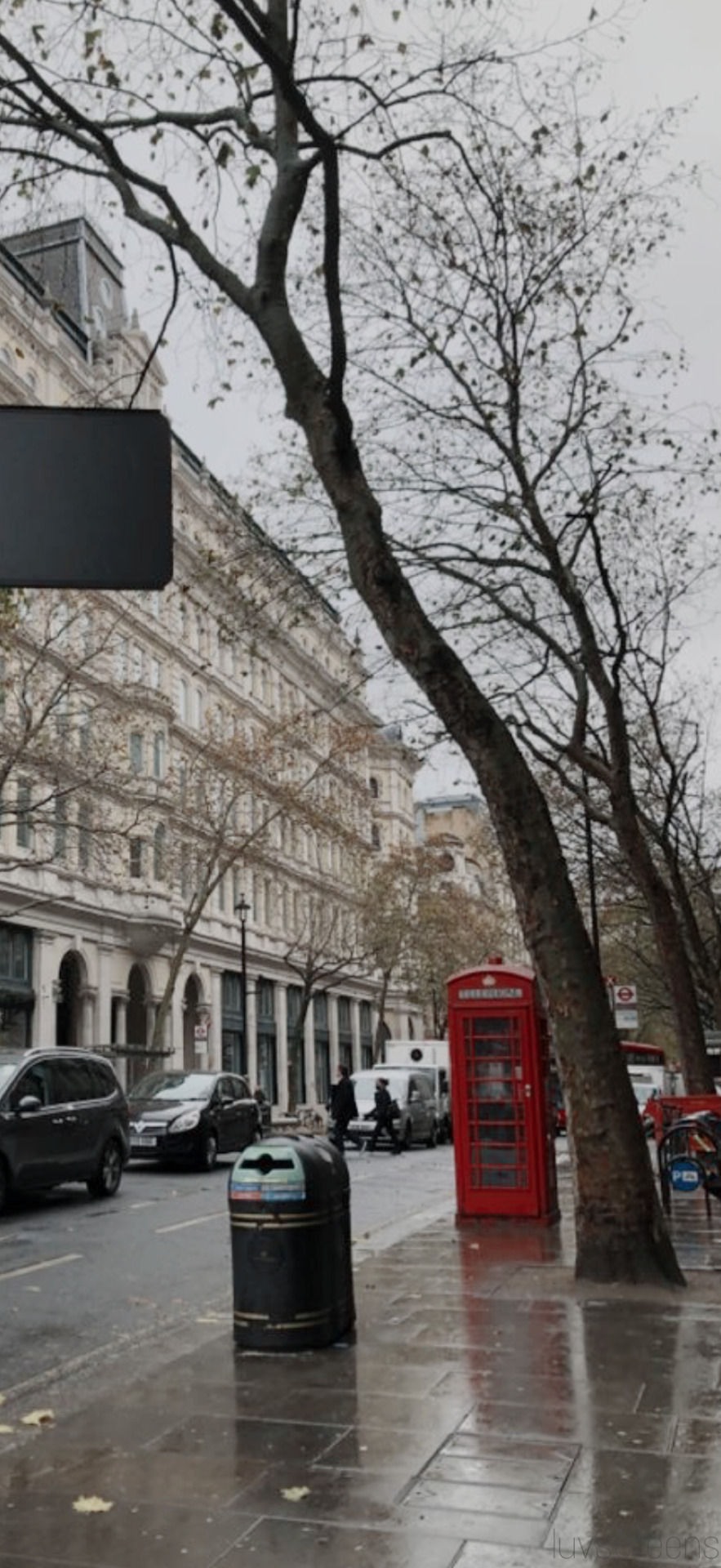
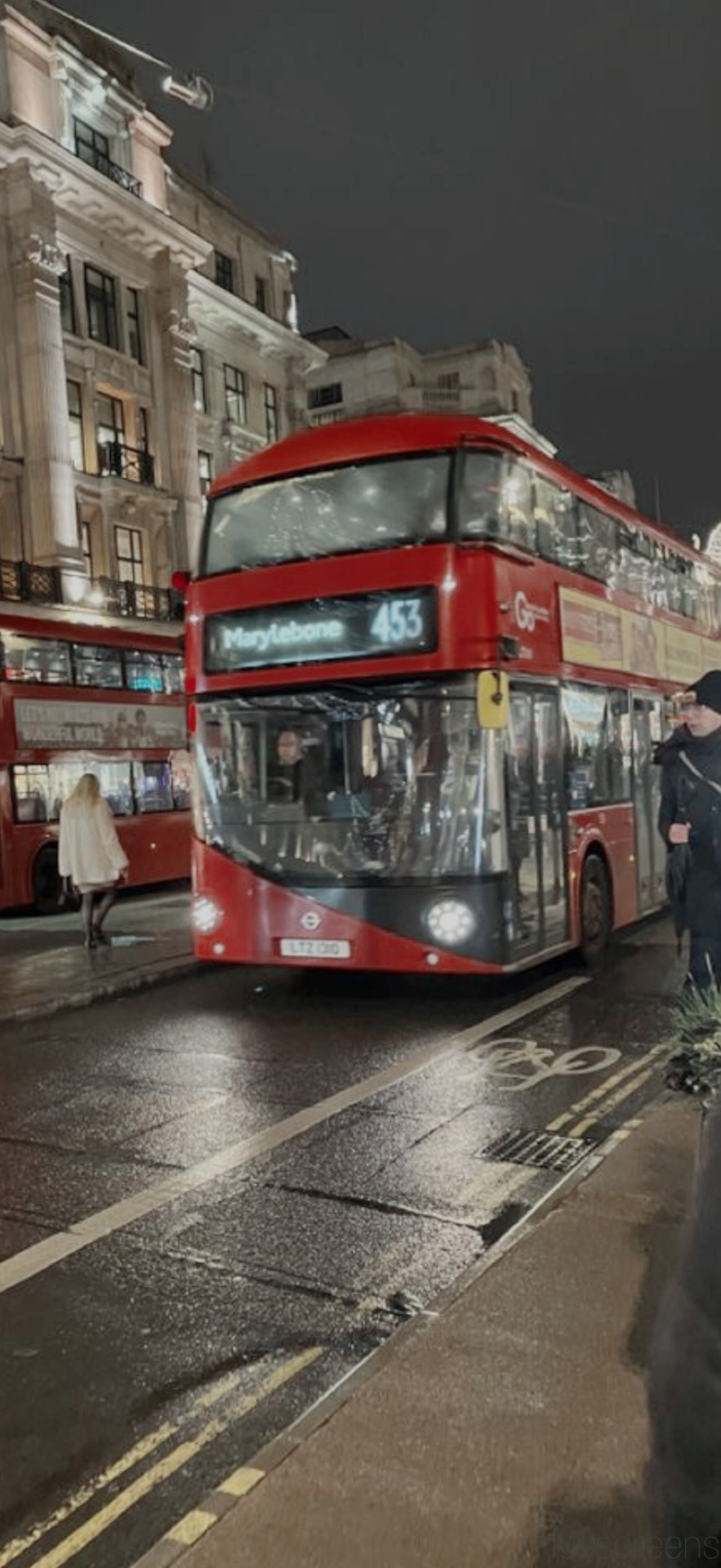
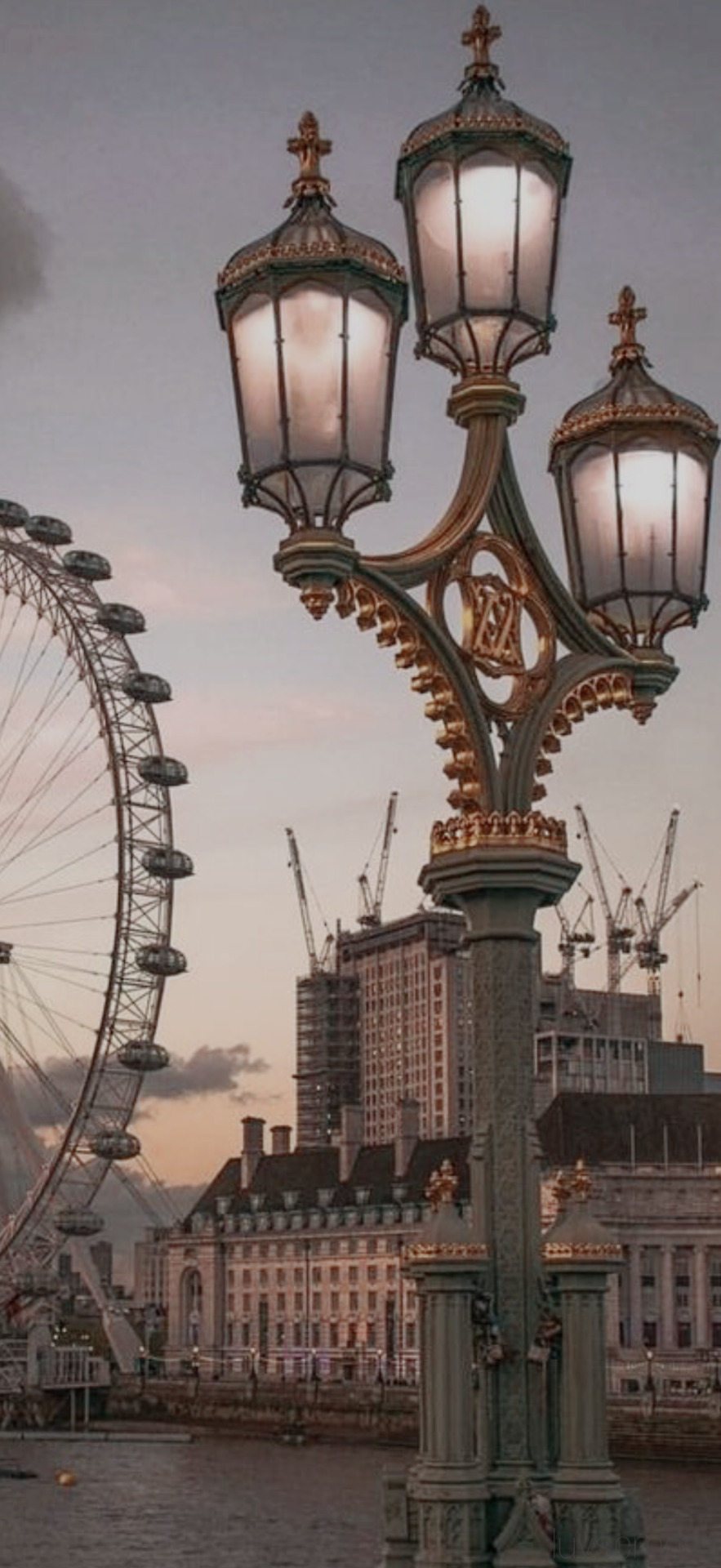
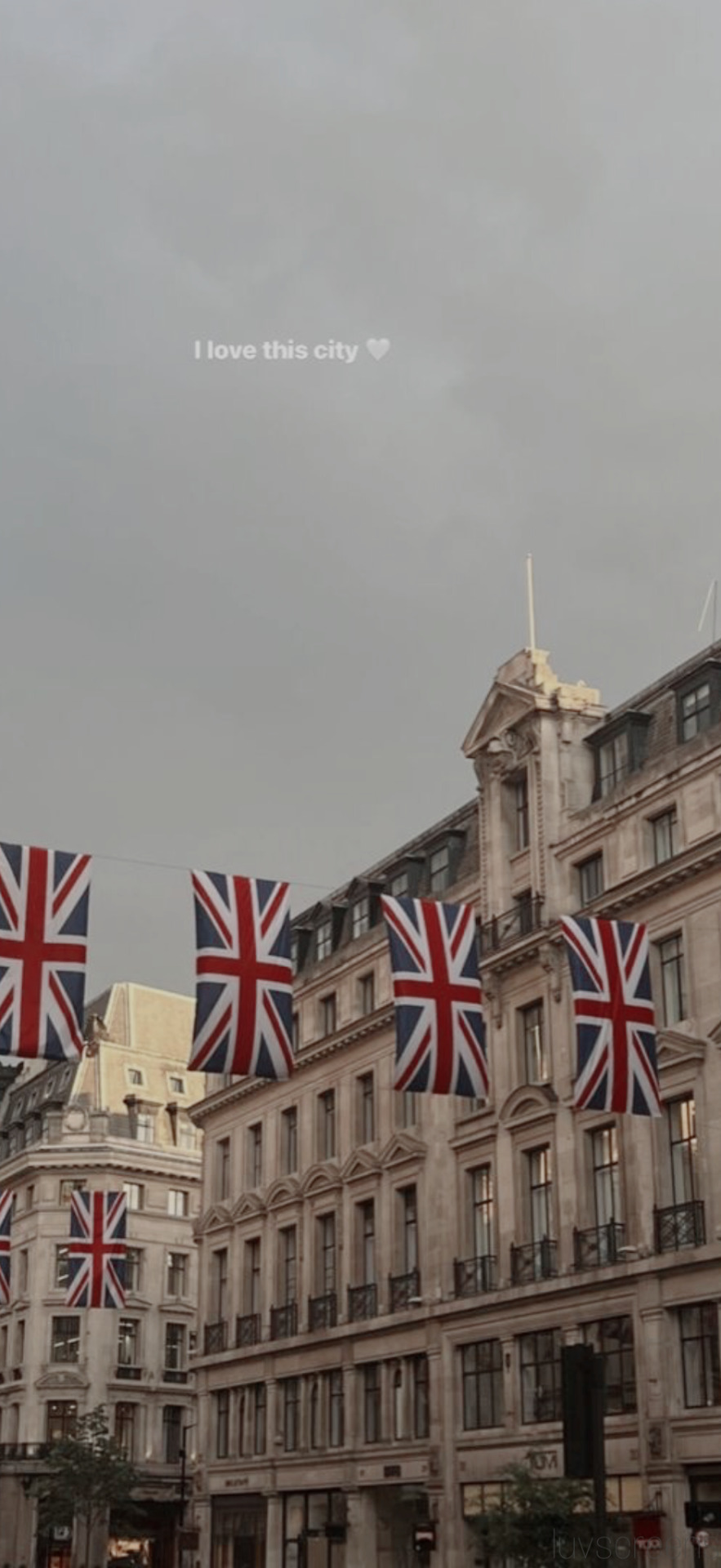

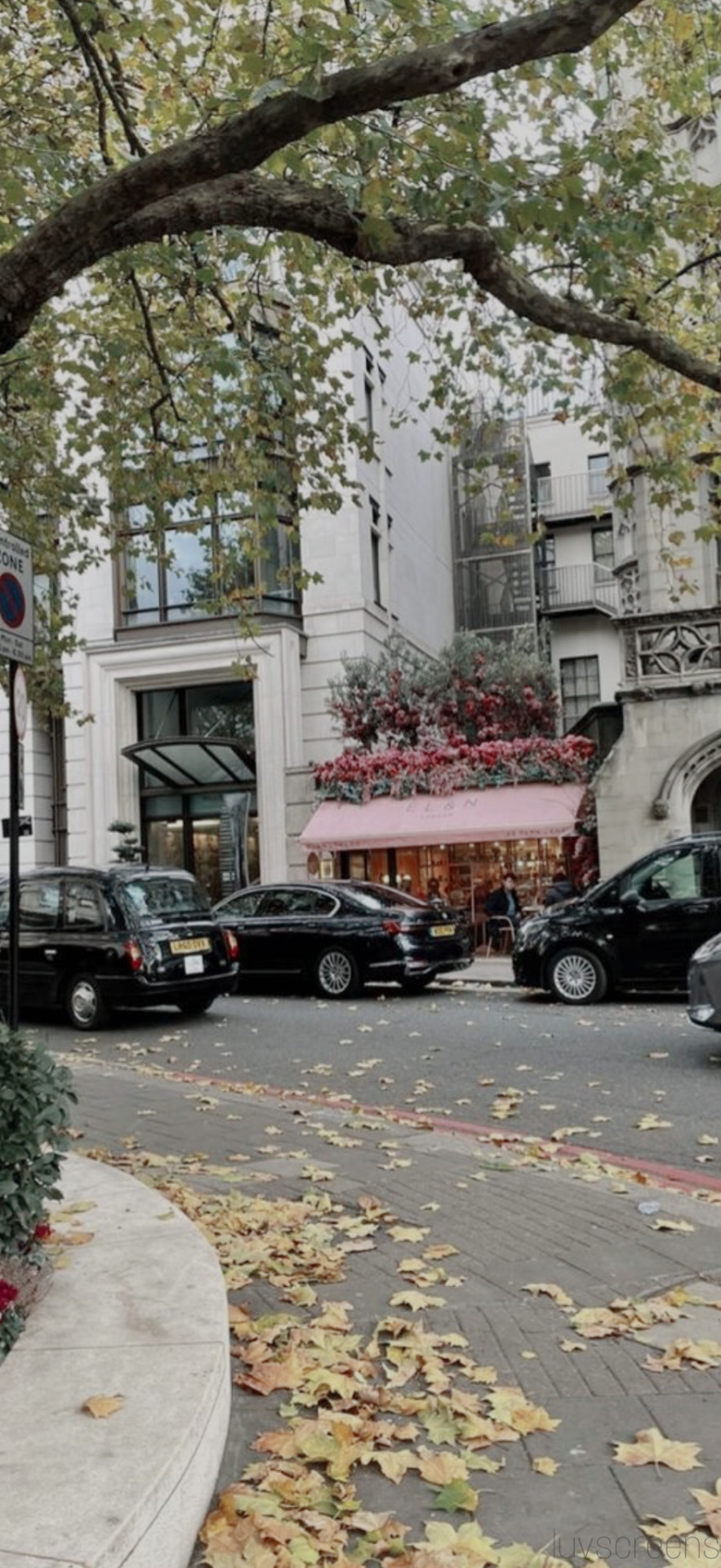
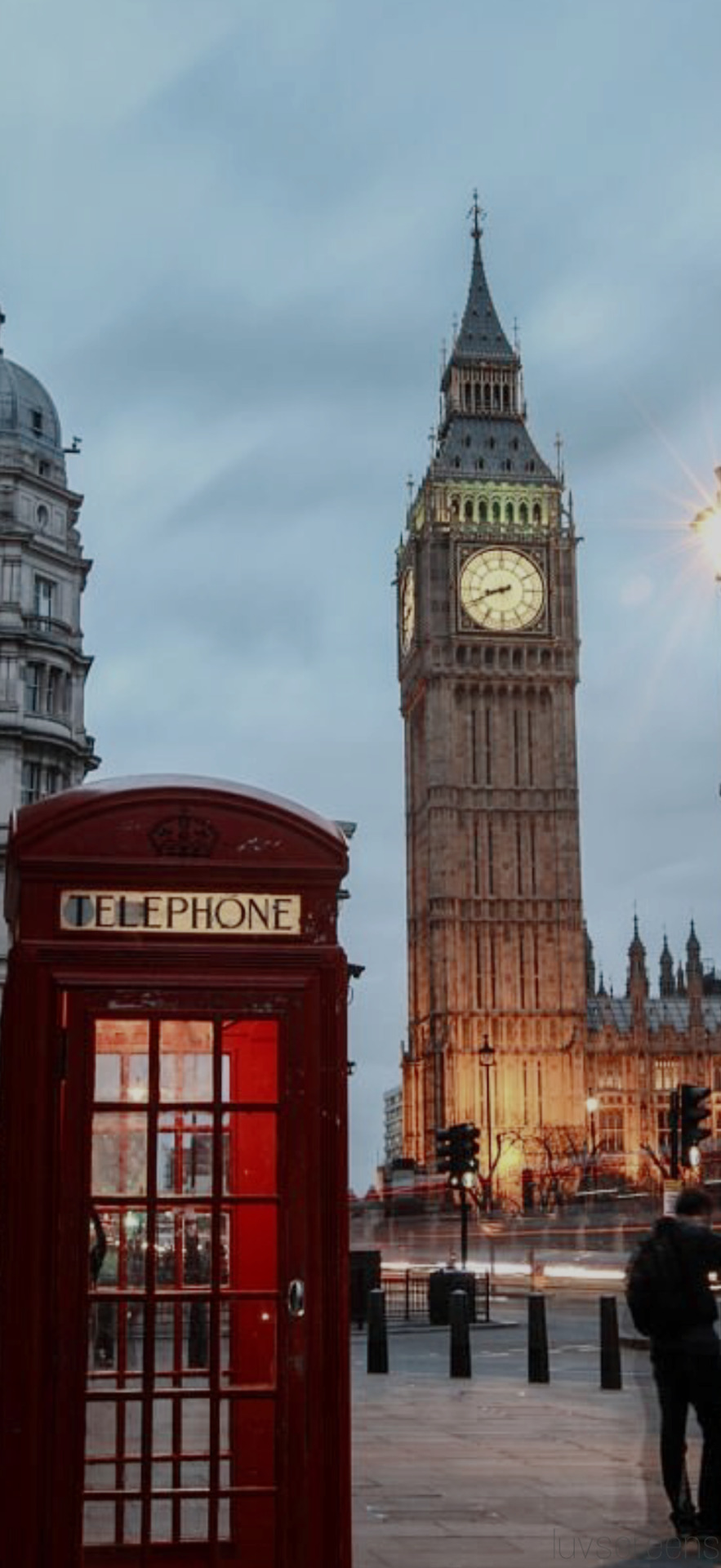
↳˳🐚;; ❝ like or reblog if u use/save, dont repost or copy ᵕ̈ ೫˚∗: @itscolour
#anglophile#anglophilia#london#england#uk#united kingdom#british#cool britannia#romanticizing england#romanticizing my life#london aesthetic#anglo aesthetic#appareils futiles
422 notes
·
View notes
Text
Gentlemen’s Regency Era Portraits
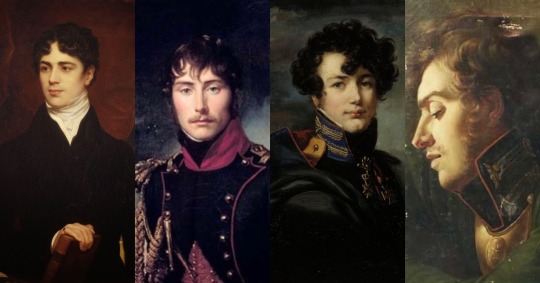
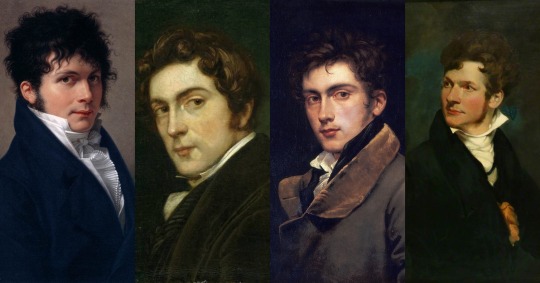
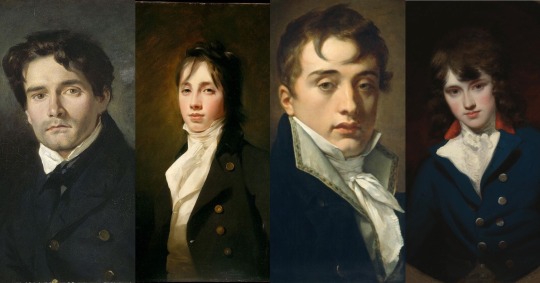
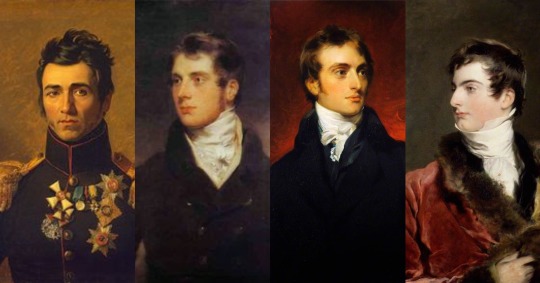
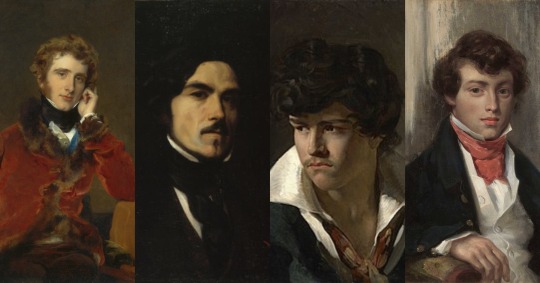
#regency era#regency fashion#regency style#historical fashion#history#portraits#art#style#fashion#painting#paintings#romanticism#romantic era#regency#bridgerton#19th century#england#aesthetic#dark academia aesthetic#clothing#menswear#menstyle#mensfashion#romantic#1800s#jane austen#napoleonic era#napoleonic wars#empire era#georgian era
2K notes
·
View notes
Text
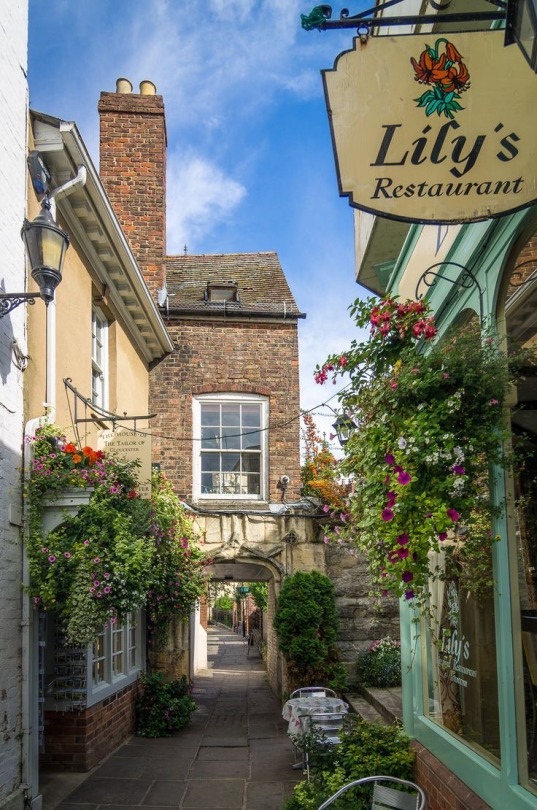
Gloucester, England (source)
#beatrix potter wrote a book inspired by this street!#aesthetic#photography#england#flowers#flowercore#cottagecore#cottage aesthetic#city#romanticism#colorful#garden#gardencore#grandmacore#building#architecture#naturecore#cozycore#cozy#warmcore
4K notes
·
View notes
Text

The Weald of Kent, Samuel Palmer, 1833-34
#art#art history#Samuel Palmer#landscape#landscape painting#landscape art#rural landscape#England#United Kingdom#Romanticism#Romantic art#English Romanticism#British art#English art#19th century art#watercolor#Yale Center for British Art
450 notes
·
View notes
Note
Let's be real, without England France is a hot mess. He's one step from offing everyone and himself and poor Germany doesn't know what do do because 'isn't this what you wanted? Are you telling me that without your daily fight with England you become a maniac?' it's a whole process, the fight, the make up, the release of tensions... The poor French holds the weight of the riots on his chest he needs to let it go
Germany wants to help, but he just doesn't understand how France works. France needs England because without him, where is he going to release his unhinged energy? He's always been a bit eccentric, but now everyone else has to deal with his surplus of "passion". Maybe Germany can take him hiking to cool off (but he'd probably complain about his legs hurting).
#hetalia#forsoobado answers#anon#aph france#hws france#hetalia france#francis bonnefoy#aph england#hws england#hetalia england#arthur kirkland#aph germany#hws germany#hetalia germany#ludwig beilschmidt#fruk#but less romantic more rivalry#love the way you described it#the tension...the drama...the sabatoge...#France is just romanticizing his rivalry#meanwhile England is just like wtf no you're annoying
90 notes
·
View notes
Text
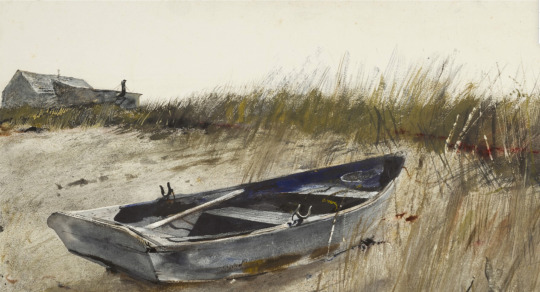
Above the Tide, 1951. Andrew Wyeth. Watercolor, gouache and pencil on paper.
#andrew wyeth#painting#watercolor#aquarelle#peinture#pittura#pintura#malerei#beach#coast#new england#art#romanticism#mixed media#realism
334 notes
·
View notes
Text

Near York by John Atkinson Grimshaw, 1882.
#classic art#painting#john atkinson grimshaw#english artist#19th century#romanticism#architecture#cityscape#street#england#trees#fence#night
332 notes
·
View notes
Text
It is very inch resting being an English Writing student with 3 different disorders that all have obsession/compulsion/impulsivity as symptoms because do I ~like~ Hawthorne or Emerson? No. Am I, perhaps, wasting my time in a library that closes too damn early researching transcendentalism and romanticism and how they lead to a whirlpool that contains gothic literature, surrealism, and sentimentalism because these crotchety old men were out of their gourds but sometimes right? Yes. Yes I am.
#english literature#english major#chaotic academia#dark academia#light academia#gothic academia#gothic literature#creative writing#philosophy#adhd#immersive daydreaming#ralph waldo emerson#nathaniel hawthorne#romanticism#surrealism#sentimentalism#transcendentalism#new england#can spring semester just be over already#i am not living my dead poets society fantasy rn
47 notes
·
View notes
Text
moral of the secret history: never go to vermont
9 notes
·
View notes
Text
Review of "The Lighthouse" (2019)
"The Lighthouse" (directed by Robert Eggers, 2019) is a dark and atmospheric psychological horror film that explores themes of isolation, madness, and the dangers of unchecked ambition. The plot follows two lighthouse keepers, Ephraim Winslow (Robert Pattinson) and Thomas Wake (Willem Dafoe), who become increasingly isolated and lose their grip on reality while stationed on a remote New England island.
The film is filled with symbolism. The lighthouse itself serves as a powerful symbol of isolation and entrapment. Its remoteness and towering height create a sense of claustrophobia, trapping the protagonists in a metaphorical prison. This feeling is intensified by the stunning black-and-white cinematography and the haunting musical score.
One of the film’s central themes is the exploration of madness. As the characters become more isolated, the lines between reality and delusion blur. The film poses the question: is madness simply an illness, or is it a result of one’s circumstances and environment?
The relationship between Winslow and Wake is particularly significant, symbolizing the conflict between old and new, tradition and progress. Wake represents the past and its superstitions, while Winslow seeks to break free from these constraints and forge his own path.
The film’s ambiguous ending leaves viewers questioning the nature of reality. It’s up to the audience to decide whether the events on screen are a product of the keepers' delusions or a reflection of a darker, more sinister reality.
Overall, The Lighthouse is a powerful and thought-provoking film that demands deep reflection. It’s a must-watch for fans of psychological horror and arthouse cinema. Its atmospheric intensity and depth make it an unforgettable experience.


#aesthetic#light academia#romantic academia#chaotic academia#classic academia#academia aesthetic#dark academia#english literature#writing#chronic pain#dark aesthetic#lighthouse#book quotes#booklover#film photography#film#filmedit#england#poetic#romanticism#literature quotes#vintage#film review#film recommendations
13 notes
·
View notes
Text

Awaiting his return by William Henry Margetson
#william henry margetson#art#middle ages#medieval#mediaeval#shield#shields#heraldry#romantic#romanticism#chivalry#history#europe#european#knights#knight#maiden#damsel#nobility#woman#lady#arthurian#british#britain#english#england
847 notes
·
View notes
Text
…And there she lulled me asleep, And there I dreamed—Ah! woe betide!—
The latest dream I ever dreamt
On the cold hill side.
I saw pale kings and princes too, Pale warriors, death-pale were they all;
They cried—'La Belle Dame sans Merci
Thee hath in thrall!'
I saw their starved lips in the gloam, With horrid warning gaped wide, And I awoke and found me here,
On the cold hill's side…
from La Belle Dame Sans Merci by John Keats

John William Waterhouse, La Belle Dame Sans Merci
#english imagination#english culture#art#albion#england#english writer#19th century#romanticism#john keats#la belle dame sans merci#poem#poetry#romantic poetry#horror#fairies#spooky season#spooktober#english poetry#English poet
7 notes
·
View notes
Text
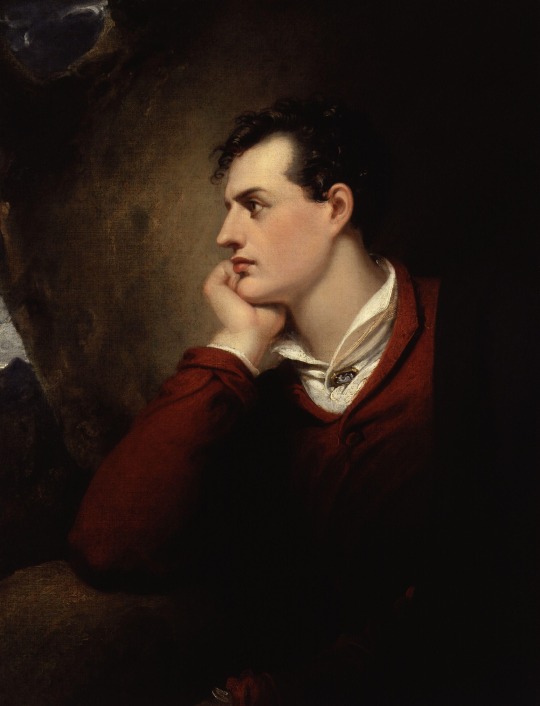
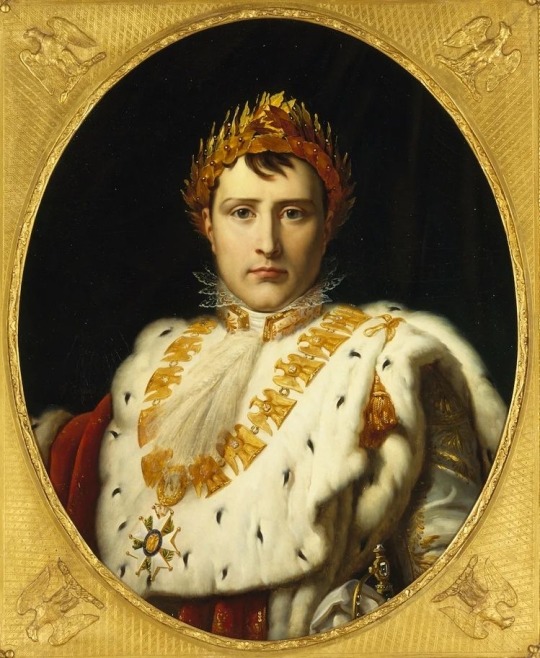
Lord Byron was so fiercely loyal to Napoleon throughout his whole life, that the few times he ever criticized or reproached him is described by Dr. Adil M. Jamil as being something like “a quarrel between two devoted lovers.”
Napoleon was Lord Byron’s life-long idol and muse. “He saw himself in Napoleon, and Napoleon in him.”
#article:#Lord Byron and Emperor Napoleon Bonaparte between the Ode and Waterloo#by Dr. Adil M. Jamil#2019#Napoleon#lord Byron#napoleon bonaparte#napoleonic#napoleonic era#first french empire#french empire#19th century#history#romantic era#english romanticism#romanticism#france#England#English lit#English literature#literature#Byron#frev#french revolution#poetry#writers and Napoleon
84 notes
·
View notes
Text
"[Alice Perrers] requested that she be buried in the parish church of Upminster, St Laurence, before the altar of the Virgin Mary. Alice seems to have had an affinity with Mary through her life; a seal of hers from c. 1374 shows an image of the Virgin Mary and child, her tabernacle seized in 1377 had an image of the Virgin Mary on it, and now she wished to be buried before Mary’s altar."
— Gemma Hollman, The Queen and the Mistress: The Women of Edward III
#historicwomendaily#alice perrers#my post#I didn't know about this but it's so very intriguing#I wonder if Alice associated herself with Mary to try and assert her own 'quasi-queenship'#(ie: the most powerful woman in the country at the side of a king)#as Mary was obviously important element of queenly iconography in late medieval England#though on the flip side I suspect it would have also raised hackles that Alice - a commoner and royal mistress - was attempting#to present herself in such a way#it's especially interesting to consider in the context of Tompkins' argument that Alice was perceived as 'inverting queenship' (slay)#also this book was ... complicated.#It's very understanding and sympathetic and raised some very good points#but also tried to...massively soften Alice's actions and downplay her role and power in the process#(ie: defending her by diminishing her)#also there's this gem:#'Edward had been markedly restrained with the gifts and favour he had bestowed upon Alice' girl that is a flat-out lie#no other royal mistress of medieval England was ever given so much or honored in such a way.#yes we should emphasize Alice's own proactive role and intelligence in building up her vast estates#but even if that hypothetically hadn't happened#Edward's grants and gifts would have still made her extremely wealthy and powerful regardless#and was also weirdly obsessed with romanticizing Edward III and it got kinda questionable#like yes obviously I think we should ascribe more nuanced motivations and emotions to *Alice* than 'ambitious gold-digger#taking advantage of an aging king'#but I'm not fond of it veering too far on the other side either#I think sometimes we should simply be comfortable admitting when we simply don't know something
13 notes
·
View notes
Photo

Merton College, Oxford, c.1835–38. Joseph Mallord William Turner
#MMerton college Oxford#Art#artedit#joseph mallord william turner#English artist#romanticism#Architecture#Oxford#england#watercolor
138 notes
·
View notes